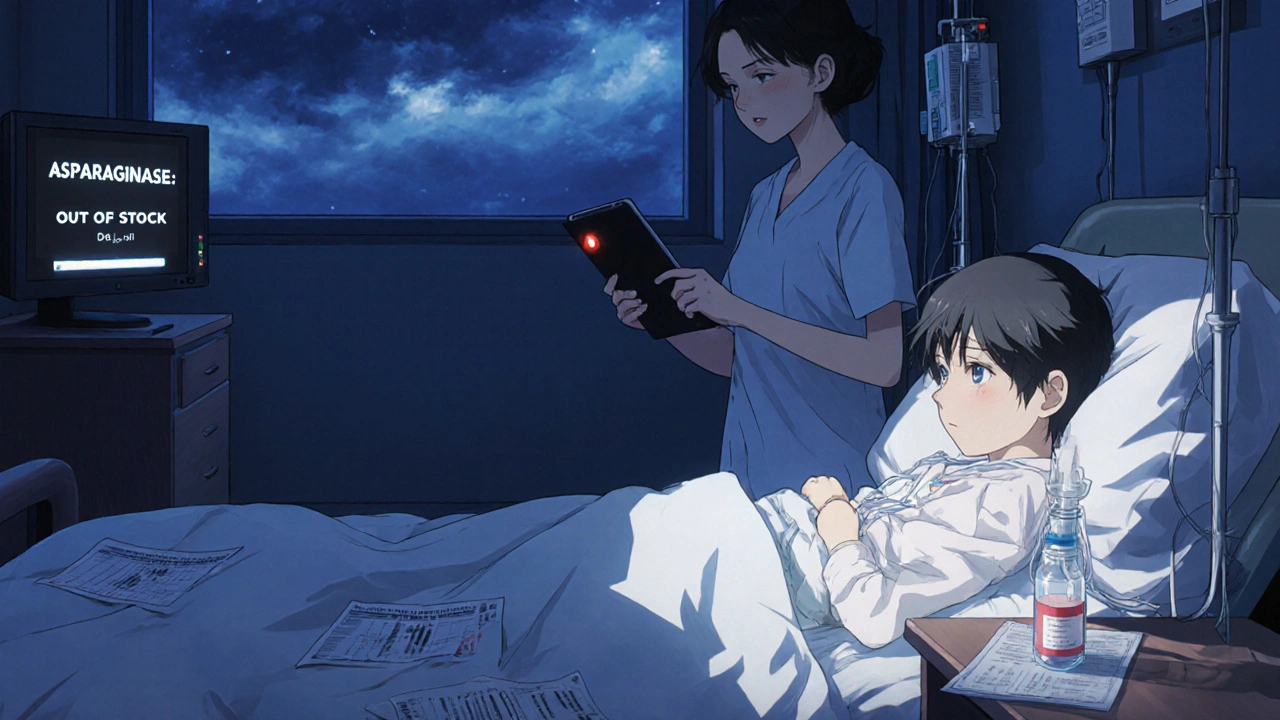Drug shortages are disrupting patient care across the U.S., delaying treatments, increasing errors, and forcing people to skip doses. With over 250 drugs still in short supply in 2025, the human cost is rising-and systemic fixes are still missing.
MorePatient Care Delays: Why They Happen and How to Fight Them
When you need a medication and it doesn’t arrive on time, that’s not just inconvenience—it’s a patient care delay, a break in the chain of timely medical treatment that can worsen health outcomes. These delays aren’t random. They’re often caused by systems that prioritize cost over speed: slow generic drug approvals, confusing insurance rules, or pharmacists blocked from swapping medications even when it’s safe. The result? People go without treatment while paperwork piles up.
One major cause is the generic drug approval, the FDA review process for copycat versions of brand-name drugs that can take months or years due to paperwork errors or supply chain gaps. The FDA issues deficiency letters when applications miss key details—like proving the active ingredient matches the original. These aren’t just bureaucratic hurdles; they directly delay access to cheaper drugs. Meanwhile, insurance denials, refusals to cover a prescribed drug because it’s not on their preferred list push patients into appeals that take weeks. Many don’t even try, assuming the system is rigged. But documented cases show that with the right evidence and doctor support, denials can be overturned.
Another layer is pharmacy substitution, the legal right of pharmacists to swap a brand-name drug for a generic when allowed by state law. In some states, pharmacists can make these swaps without calling the doctor—speeding up care. But in others, outdated rules require prior approval, even when the generic is identical. This isn’t about safety—it’s about outdated policies. And when a generic doesn’t work for you, insurers often refuse to cover the brand version, forcing you to choose between cost and control of your condition.
These delays aren’t just about pills. They ripple into sleep, pain, mental health, and hospital visits. Someone waiting for an antiemetic after chemo might skip meals. A person denied a blood thinner might have a stroke. A child needing ivabradine for a fast heart rate could face worsening symptoms while waiting for approval. The system isn’t broken by accident—it’s built to move slowly, and patients pay the price.
But you’re not powerless. You can track NDC codes to spot authorized generics, challenge denials with lab results, ask your pharmacist about substitution rights, and push back when a medication doesn’t work. Below, you’ll find real guides on fighting these delays: how to prove a generic failed, how to decode pharmacy warning labels, why some antibiotics aren’t available as generics, and how to navigate insurance appeals that actually work. These aren’t theory pieces—they’re tools people have used to get their meds faster.

